The just-passed July 11 marks the 34th World Population Day.
According to the United Nations 2022 World Population Outlook Report, the global population is expected to reach 8.5 billion by 2030. As a place for population gathering, cities are facing various population problems, such as population aging, intensifying social inequality, food scarcity, environmental damage, and a series of other issues caused by continuous population growth.
It has been a critical focus of urban development to coordinate population development and social environment, improve residents' life quality, and unleash sustainable development potential. Today’s In Focus covers five urban innovation initiatives, showing how cities address population problems and improve their living environment.
Unley, Australia
Cohousing for Aging Well – Designing for Aging in Place
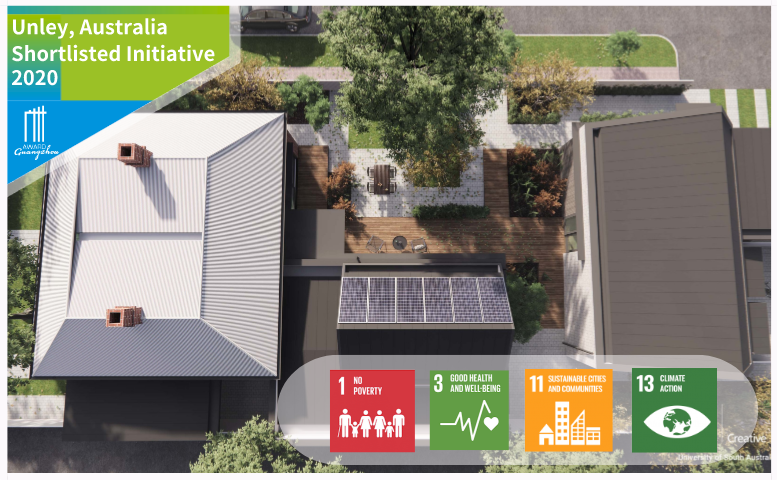 In Unley, with the increasing trend of population aging, some elderly wishing to age in their community often find limited options to downsize when their housing no longer suits their needs. In response to their needs, Unley launched an initiative to establish a new concept and principles of cohousing with shared amenities.
In Unley, with the increasing trend of population aging, some elderly wishing to age in their community often find limited options to downsize when their housing no longer suits their needs. In response to their needs, Unley launched an initiative to establish a new concept and principles of cohousing with shared amenities.
The initiative included a suite of innovative cohousing designs sympathetic to local housing styles, involving older residents in co-designing cohousing that adapts to local culture and needs. It benefits the elderly population (i.e., aged 60 and above) in Unley, which constitutes 22.6% of the city’s population, and directly enhances the well-being of older community-dwelling adults in metropolitan South Australia.
The initiative presents an exemplary methodology that could be replicated for other types of housing development. Also, it tackles zoning and construction regulations that make the housing market more elastic and responsive to demographic and economic trends.
Learn more:
Mezitli, Türkiye
Mezitli Women Producers Market
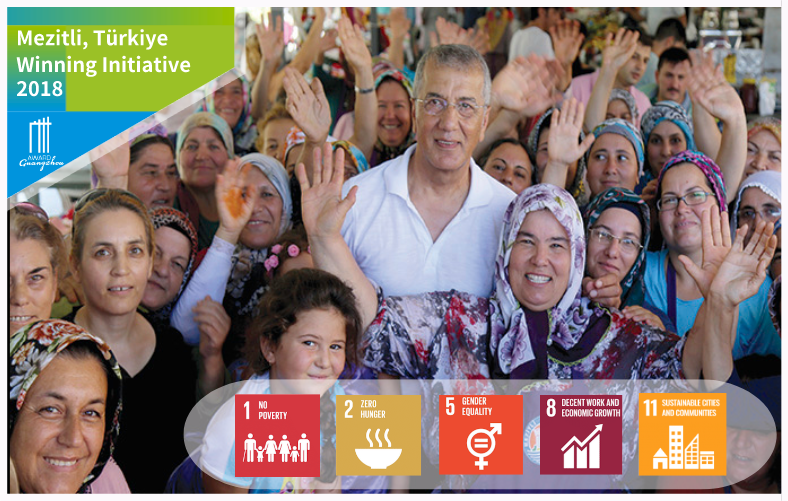
Women are still among the most vulnerable groups in the society of Türkiye -- they are often dependent on their families, mostly on their male relatives or husbands. To promote gender equality, Mezitli created the Mezitli Women Producers Market.
The local government organized collaborative work between the Mezitli municipality, local women, producers, and consumers. Taking the first Women Producers Market opened up in Mezitli in 2014 as a model, seven more markets have been opened up after that. The municipality encourages women producers to form their own cooperation. Furthermore, the municipality organizes several workshops and provides education courses for women to learn about running their self-organization.
The Market effectively promotes gender equality and sustainable small-scale production in the city, giving the whole district and its citizens a better quality of life.
Learn more:
Municipality of Antananarivo, Madagascar
Building Resilience in the City Food System of Antananarivo Through Adapted Production Systems
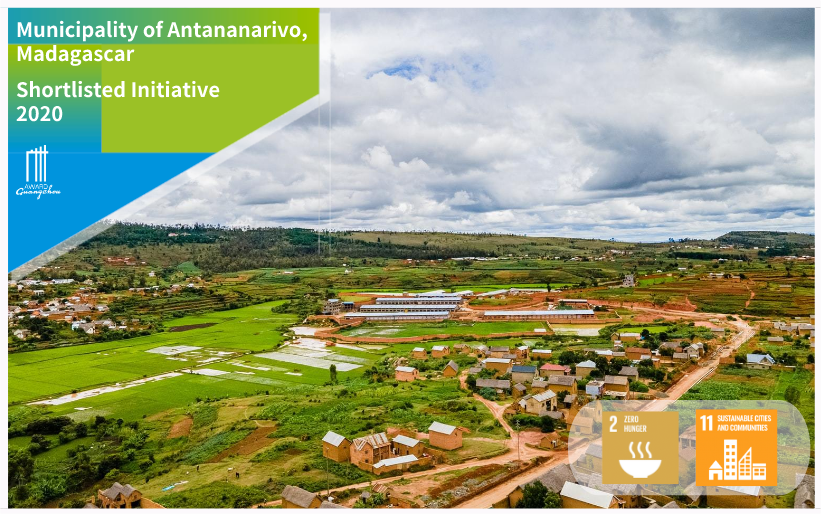
With the region’s population growth, urban problems such as high malnutrition rates and malnutrition among children need to be addressed. The Municipality of Antananarivo has been enhancing the resilience of the city food systems through three innovative initiatives.
The first initiative promotes Urban Agriculture (UA) by using an English mobile application named ‘I Farm,’ which allows information sharing about urban agriculture between the Municipality and its inhabitants. The second implements the Milan Urban Food Policy Pact monitoring framework (MUFPP). Antananarivo has selected six from the 44 MUFPP indicators (3 criteria of selections) to be used to revise the city’s food-related priorities. The Third initiative, called Better Food for Kids, is installing vegetable gardens in schools to offer schoolchildren a balanced meal.
The initiative conducts a comprehensive approach to increasing food production and improving policies that drive food systems to expand access for vulnerable groups.
Learn more:
Guadalajara, Mexico
Citizen-led Metropolitan Coordination of Guadalajara
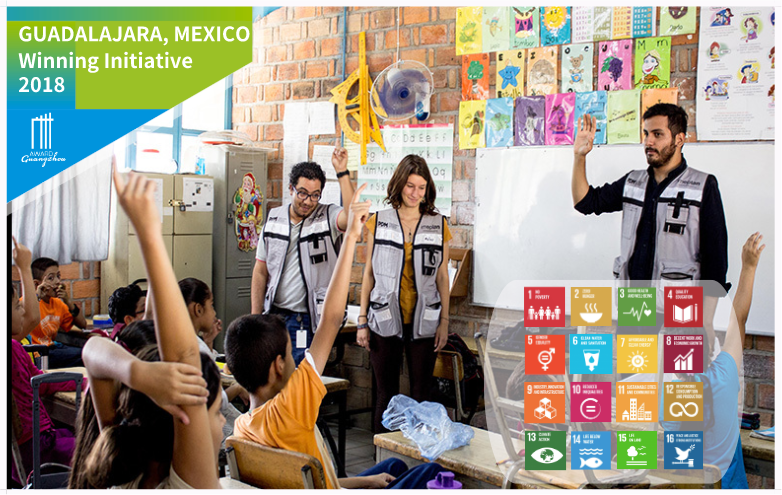 As a metropolitan area, Guadalajara has faced many strategic barriers, such as environmental, social, economic, and planning issues that could not be solved by the individual municipal government bodies that compose it. In this case, the metropolitan area of Guadalajara decided to take the initiative from a metropolitan point of view.
As a metropolitan area, Guadalajara has faced many strategic barriers, such as environmental, social, economic, and planning issues that could not be solved by the individual municipal government bodies that compose it. In this case, the metropolitan area of Guadalajara decided to take the initiative from a metropolitan point of view.
This scheme and planning initiative was formalized into an institute called IMEPLAN (Metropolitan Institute of Planning). The central idea of IMEPLAN is to involve its citizens, experts, and municipalities in a participatory planning process through collaborative roundtables, workshops, and an educational curriculum, which engage all players above into dialogue to imagine, innovate and plan at a metropolitan scale the city we wish to live in.
The Metropolitan Coordination Scheme is developing a close, compact, connected, and equitable city by achieving a polycentric urban model. It is building the city’s reputation where decisions are made with the citizens through participatory planning, breaking decades of impost government mechanisms.
Learn more:
Sydney, Australia
Green Square: From a Rich Industrial Past to a Vibrant, Sustainable, and Connected Community
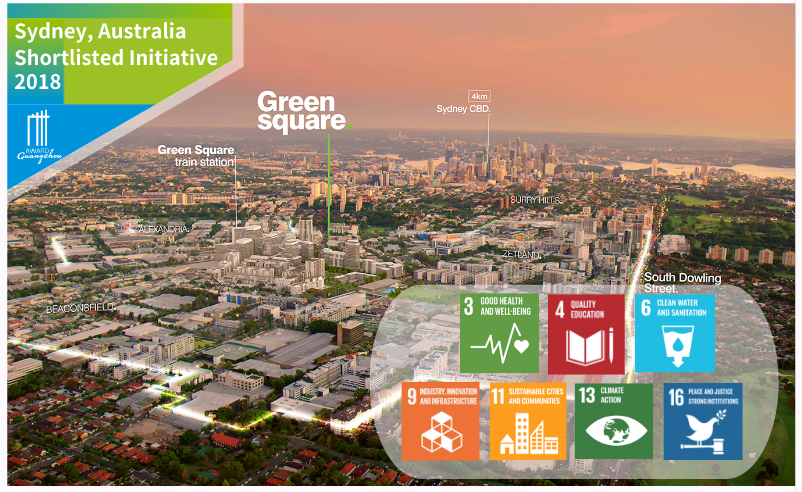 Sydney is Australia's most densely populated city. In the past, the infrastructure in the old industrial area in the center of Sydney was not fully utilized, which led to the urgent need to improve the living environment of citizens. To build a livable inner city regional center, Sydney launched the green square, a key planning project, in the mid-1990s.
Sydney is Australia's most densely populated city. In the past, the infrastructure in the old industrial area in the center of Sydney was not fully utilized, which led to the urgent need to improve the living environment of citizens. To build a livable inner city regional center, Sydney launched the green square, a key planning project, in the mid-1990s.The initiative aims to establish a transit-oriented and harmonious community based on high-density living. In addition to funding, the city contributes skills and human resources to develop strategic policy, engage with developers and the community, project manage civil projects, achieve design excellence through design competitions, deliver community services, and maintain assets at a high standard.
In 2018, the city completed the key components of the new civic hub at the heart of the town center – a major community and cultural precinct and a new library and civic plaza. It provides housing for people, promoting economic growth, infrastructure improvement, and sustainable development in Sydney.
Learn more:
 In Unley, with the increasing trend of population aging, some elderly wishing to age in their community often find limited options to downsize when their housing no longer suits their needs. In response to their needs, Unley launched an initiative to establish a new concept and principles of cohousing with shared amenities.
In Unley, with the increasing trend of population aging, some elderly wishing to age in their community often find limited options to downsize when their housing no longer suits their needs. In response to their needs, Unley launched an initiative to establish a new concept and principles of cohousing with shared amenities.

 As a metropolitan area, Guadalajara has faced many strategic barriers, such as environmental, social, economic, and planning issues that could not be solved by the individual municipal government bodies that compose it. In this case, the metropolitan area of Guadalajara decided to take the initiative from a metropolitan point of view.
As a metropolitan area, Guadalajara has faced many strategic barriers, such as environmental, social, economic, and planning issues that could not be solved by the individual municipal government bodies that compose it. In this case, the metropolitan area of Guadalajara decided to take the initiative from a metropolitan point of view. Sydney is Australia's most densely populated city. In the past, the infrastructure in the old industrial area in the center of Sydney was not fully utilized, which led to the urgent need to improve the living environment of citizens. To build a livable inner city regional center, Sydney launched the green square, a key planning project, in the mid-1990s.
Sydney is Australia's most densely populated city. In the past, the infrastructure in the old industrial area in the center of Sydney was not fully utilized, which led to the urgent need to improve the living environment of citizens. To build a livable inner city regional center, Sydney launched the green square, a key planning project, in the mid-1990s.

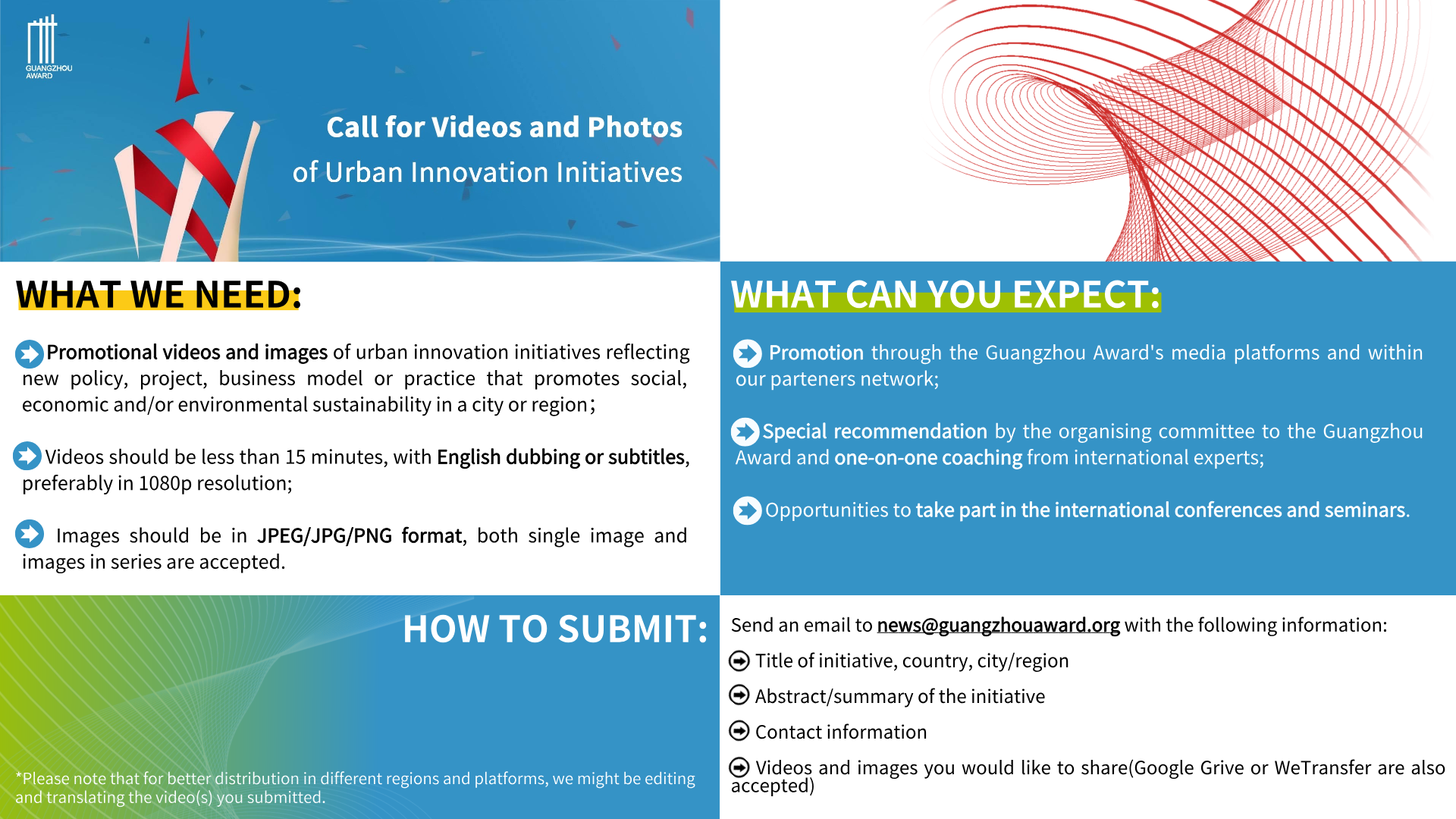 test
test Urban Innovation in China | Hainan: Transforming Mangroves into “Golden Groves”
Urban Innovation in China | Hainan: Transforming Mangroves into “Golden Groves” In Focus | Empowering the “She” in the Family
In Focus | Empowering the “She” in the Family In Focus | The World Earth Day: Planet vs. Plastics
In Focus | The World Earth Day: Planet vs. Plastics




















 Tel: +86 20 3780 4434
Tel: +86 20 3780 4434 Email: info@guangzhouaward.org
Email: info@guangzhouaward.org Address: Rm 1609, FuLiXinTianDi, No.307 Guangzhou Dadao Zhong, Yuexiu District, Guangzhou, Guangdong, 501600, PRC
Address: Rm 1609, FuLiXinTianDi, No.307 Guangzhou Dadao Zhong, Yuexiu District, Guangzhou, Guangdong, 501600, PRC




